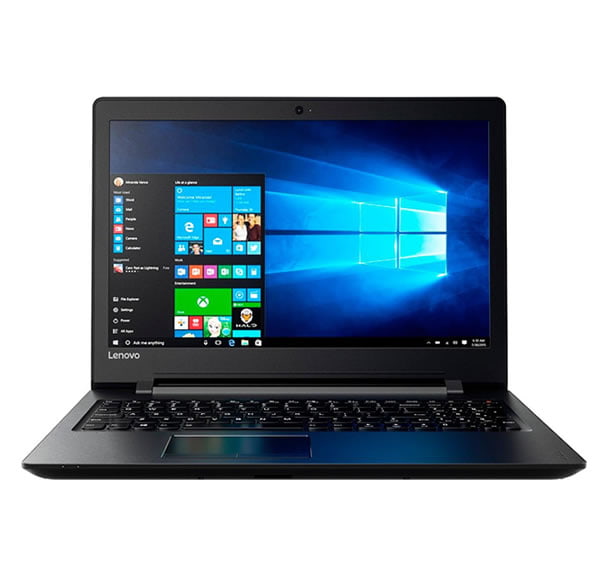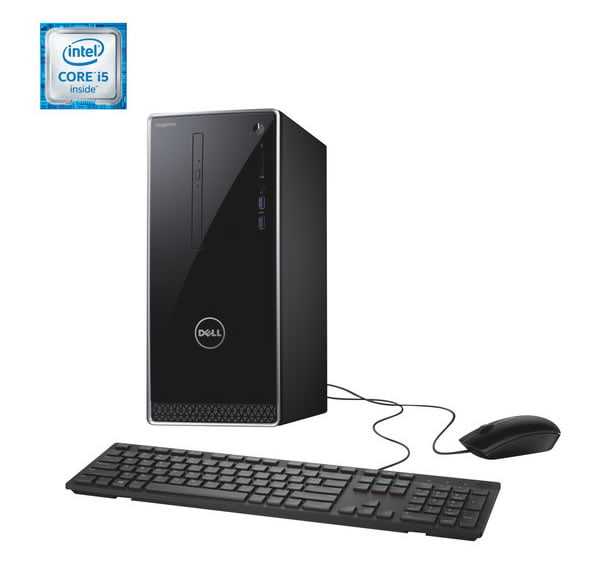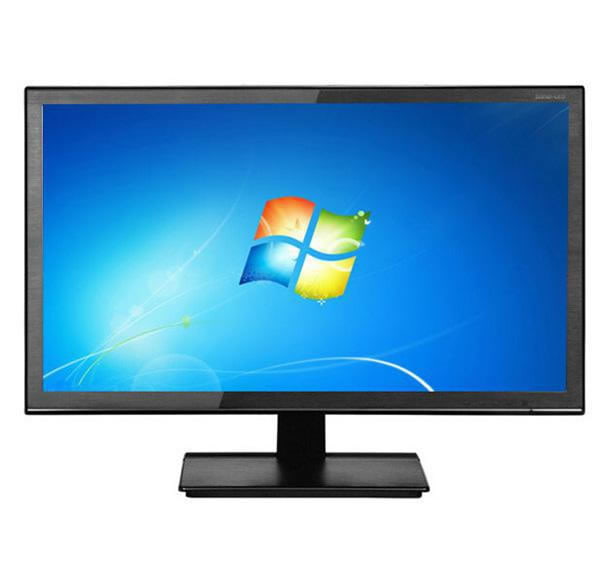Why Is Recycling Important
We need to improve our IT recycling habits – both at home and in schools and workplaces. The UK's overall recycling rates for everyday waste are still below the EU target. Plastic recycling rates in particular in the UK is only around 45%, which falls short of the 90+% rate in Germany and Sweden.
This is all very well I hear you say but what are the real benefits of recycling and why is it important?
Computer and IT Recycling is crucial to the future health of our planet. Here are a few reasons why...
Conserving natural resources
The world's natural resources are finite, and some are in very short supply.
Recycling plastic means creating less new plastic, which is definitely a good thing, especially as it's usually made from fossil fuel hydrocarbons.
Recycling metals means there's less need for risky, expensive and damaging mining and extraction of new metal ores.
These are just 2 of the key reasons and as we know, there is a lot of plastic in old compuetrs.
Protecting our ecosystems
Recycling reduces the need to grow, harvest or extract new raw materials from the Earth.
That in turn lessens the harmful disruption and damage being done to the natural world. This means fewer forests get cut down, less rivers are diverted and less pollution of water, soil and air.
And of course if our plastic waste isn't safely sent for recycling, it can be blown or washed into rivers and seas and end up hundreds or thousands of miles away, polluting coastlines and waterways and becoming a problem for everyone.
If you don't recycle, who knows where your plastic will turn up?
Recycling Saves Energy
Making products from recycled materials requires less energy than making them from new raw materials. Sometimes it's a huge difference in energy. For example:
Producing new aluminium from old products (including recycled cans and foil) uses 95% less energy than making it from scratch. For steel it's about a 70% energy saving.
Cuts climate-changing carbon emissions
Because recycling means you need to use less energy on sourcing and processing new raw materials, it produces lower carbon emissions. It also keeps potentially methane-releasing waste out of landfill sites.
Reducing carbon dioxide and other greenhouse gases being emitted into the atmosphere is vital for stopping disastrous climate change.
Cheaper than waste collection and disposal
Local Councils in London pointed out that "it is 6 times cheaper to dispose of recycled waste than general refuse." So, the more you recycle, and the less you put in the bin, the more money is saved, which should be good for households, businesses and local public services.
Sending your old IT equipment for recycling is a great idea too as most of the components inside a modern computer can be simply reused.
Recycling creates jobs
A report we published a few years ago calculated that at least 50,000 new UK jobs could be created by 2025 if we can reach the target of recycling 70% of our waste (it's around 45% now). It's ambitious but achievable.
Roughly 30,000 of the new jobs would be in recycling directly, with roughly 20,000 more in supply chains and the wider economy.
The fact is that we all need to get into the habit of using less stuff in the first place. And the things we do use should be reused or upcycled as much as possible before being recycled, to minimise waste. This would significantly aid the response to the global waste management challenge, which has seen many countries in the Poorer Countries unfairly shoulder the responsibility of managing the waste for countries in the more afluent parts of the World.
It's important that we combine our efforts to manage our plastic and electronic waste.
This article was based on information from Friends of The Earth and their original article on the subject.
Why not Contact Us today and arrange a FREE collection of your old and outdated computer equipment or just use the Online Booking form - Collection Is FREE
Book A Collection Exisiting Customer Login
Exisiting Customer Login








